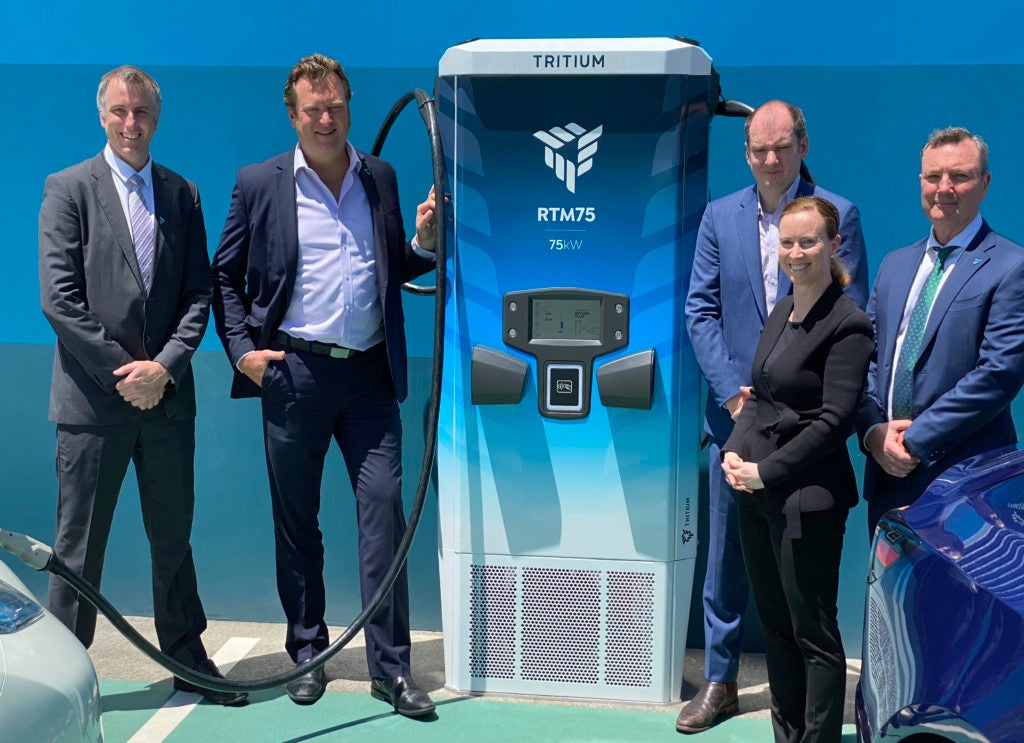
The US Army has chosen Australia-based company Tritium to support its Power Transfer Cohort programme, an initiative to help the Army transition to electric vehicles (EVs).
The programme has been created to help identify and explore whether EV-enabling technologies can work across the Army’s fleet, which comprises almost 225,000 vehicles.
The Power Transfer Cohort is being driven by the Army Applications Laboratory (AAL) in partnership with the Next Generation Combat Vehicle Cross-Functional Team (NGCV) and Ground Vehicle Systems Centre (GVSC).
The programme is being managed by a contractor team from US-based technology company Alion Science and Technology.
Tritium provides DC fast-charging technology for EVs. In November, the company unveiled its Modular Scalable Charging (MSC) platform and next-gen RTM75 DC fast charger.
The MSC platform is a scalable EV charger that allows users to increase the power level in 25kW increments to 350kW and upwards.

US Tariffs are shifting - will you react or anticipate?
Don’t let policy changes catch you off guard. Stay proactive with real-time data and expert analysis.
By GlobalDataTritium Americas president Mike Calise said: “Tritium specialises in hardware and software designed to work reliably in any high demand environment, including extreme climate conditions.
“We are thrilled to be working with the AAL on this important initiative to provide a rapid charging solution for a diverse set of vehicles.”
The Power Transfer Cohort programme is designed for companies working on power electronics, EV supply equipment and distributed energy resources.
Each company chosen to participate in the eight-week programme receives $100,000 to develop a solution to a specific problem aligned to the Army’s 16-year modernisation strategy.
At the end of the programme, companies present their concepts to Army stakeholders. Participating companies will also have the chance to secure follow-on contracts.
AAL director colonel Len Rosanoff said: “Last year, we launched and validated this new programme approach. We know it works, and we’re already seeing the results for our Army mission partners.
“The Power Transfer Cohort is a chance to show that this model can scale across the Army to solve other complex problems. This approach will make the Army a better business partner for industry. And we want others in the Army to know they can do this too.”



